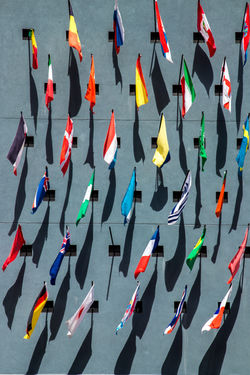About The Circle of Belmoor
The Incorporeal Principality of the Circle of Belmoor is a micronation founded in 2020. Based around shared values and community care rather than a land claim, Belmoor exists to promote equality and community to its citizens.
The Writ of Belmoor was signed on September 5, 2020. This national holiday is now known as Circlemas. On June 30, 2024, the Belmooran national anthem was released, and subsequently was proclaimed as a new national holiday, known as Cantus.
Belmoor's head of state is the Princept, who chairs the ruling council and oversees the dual electorates. The Princept also administrates the award of several recognitions and honors, such as the Peerage of the Principality, the Nobility, the Beloveds of Belmoor, and the knightly Order of the Circle.
All citizenship in the Circle of Belmoor is dual citizenship in conjunction with the citizenship of the physical macronations in which its citizens reside. The Circle of Belmoor exists in supplement to, and not in replacement of, the physical nations in which citizens reside.
 |  |  |  |
|---|---|---|---|
 |

What is a Micronation?
A micronation is a self-proclaimed nation. Typically, micronations are not recognized as such by established countries or international organizations, such as the UN. Often, a micronation's formation is part of its founding members' political, artistic, or social expression-- micronations have emerged from childhood adventures, inside jokes, tax disputes, radio stations, tourism draws, environmental activism, personal quests, and academic curiosity.
While comprehensively determining the number of extant micronations is not possible, there are hundreds of known micronations located around the world. Micronational populations can vary from a single person to several thousand, with some micronations having more citizens than the Vatican or Lichtenstein. In many cases, micronational citizens do not reside in the nation's claimed territory.
Many, but not all, micronations incorporate a land claim-- a physical area over which the nation claims sovereignty. This claim can be as small as a single room in a building, or as large as an entire planet. Some micronations' claims are less concrete, such as digital territory, portions of the cosmos, or simply taking residence in the hearts and minds of their citizens.
Micronations often create their own laws, currencies, flags, coats of arms, and systems of governance. Some micronations additionally grant titles, honors, and orders of knighthood. Typically, they do lack the resources to function as a fully independent state, but have vibrant cultures and communities which attract anyone who is fascinated by alternative forms of governance.
